How generative AI is transforming B2B content marketing
Generative AI (genAI) like ChatGPT, Dall-E and Bard are taking the B2B world by storm by instantaneously processing language, data and images. There are plenty of opportunities and benefits this powerful technology brings, but if we’re being honest, there are also a host of new challenges and concerns to consider.
On one hand, B2B marketers need to embrace new technologies – like genAI – to stay competitive and evolve, so it’s no surprise some 63% of marketing leaders plan on investing in the technology in the next 24 months. At the same time, most of us are grappling with questions like: How can we use genAI to support content creation? Can we use ChatGPT and other AI-powered tools to personalize content to reach specific audiences? And will our AI generated content still feel authentic and true to our brand?
To help settle the dust, here are four ways B2B organizations can make the most of genAI while also staying in front of its challenges.
Content Creation
GenAI allows users to accelerate the process of content creation. Sure, the tech can speed up the writing process and give teams the ability to create massive amounts of content — faster. But how much content is too much? And is there a cost – that is the non-monetary price organizations pay – for this increased ease and experience?
An argument can be made that there’s no such thing as too much content, but content marketers and our buyers know this statement comes with a caveat. There can certainly be too much content (especially of the generic kind). However, when it comes to high-quality content, teams can always use more. If you plan on using genAI to create more content, it’s important to assess every piece for accuracy, tone, strategy and message cohesion.
Personalization
Effective B2B marketing meets prospects and buyers with personalized content when and where they need it. We know this not only builds stronger connections, it also adds value and drives results. Now comes genAI to help teams better tailor our content to specific industries, audiences and customers. It’s important to note that this isn’t an automatic feature. The AI you’re using needs to be programmed — or assigned to get closer to, but not exactly — the level of personalization your team wants to provide. Remember: Only your marketing team can truly recognize the nuance required to fully personalize your content. The human touch here should not be replaced.
Marketers can also utilize genAI to determine what content is best suited for their various audiences. Teams can now personalize the content clients and buyers engage with but also determine what types of content (e.g., articles, videos, infographics, ebooks, etc.) are the best fit or achieve the highest engagement. As your team aims to capture the attention of hard-to-reach audiences, genAI can suggest and help you deliver personalized content packages rather than simply focusing on the details of headlines and intro copy.
Authenticity
Technically, we as marketers can automate the entire content creation process, but should we? Definitely not without some controls in place. You might get away with it for a while, but audiences can feel the difference. That’s the power of authenticity.
Here’s an example, courtesy of one of today’s most talented pop stars. Dua Lipa’s hit “Break My Heart” samples from ’80s hits by Queen and INXS. The track uses every high-tech record producer trick in the book. Yet, it feels fresh, original, and authentic. Why? In part because Chad Smith, of Red Hot Chili Peppers fame, added a bit of disco-funk on live drums over the drum machine already on the track. It’s a level of human authenticity that resonates with listeners — even if it’s not immediately obvious. Listeners can just tell. Is it any coincidence it’s become one of Dua Lipa’s biggest hits?
So, yes – genAI can generate content quickly, but it has a much harder time nailing a brand’s authentic voice including tone, values and messaging. Temper your expectations and use it to help your team develop content. But remember: great marketing is a blend of art and science and only human marketers can ensure content is truly authentic to your brand.
Data Analysis
It’s safe to say most of us would like to feel more confident in our decision-making. Perhaps that’s why 97% of employees and leaders surveyed by Oracle say they want data to help them make faster, more informed decisions. Interestingly, 72% said their organization’s sheer volume of data prevents any actual decision making. Fortunately, genAI can help teams cut through the noise by analyzing data, recognizing patterns and extracting insights that better inform your content strategy.
You can use AI tools to identify your audience’s needs, preferences and behaviors by analyzing metrics such as bounce rates, click-through rates and average time on page. With the help of AI, marketing teams can speed up the process of uncovering insights from large swaths of data. The outcome of which is more targeted and effective content that drives engagement and sales.
Final Thoughts
AI tech, in all its forms, is changing the way we all live and work. GenAI is reshaping the way marketing teams function, which is why it’s time to develop policy around how your team uses it. Hold space for conversations and establish expectations. Discuss how genAI tools can be used to drive messaging and sales. These conversations can inspire your organizations’ policies and practices that ensure your marketing team and audience have a clear understanding of how genAI is being leveraged to create content moving forward.
